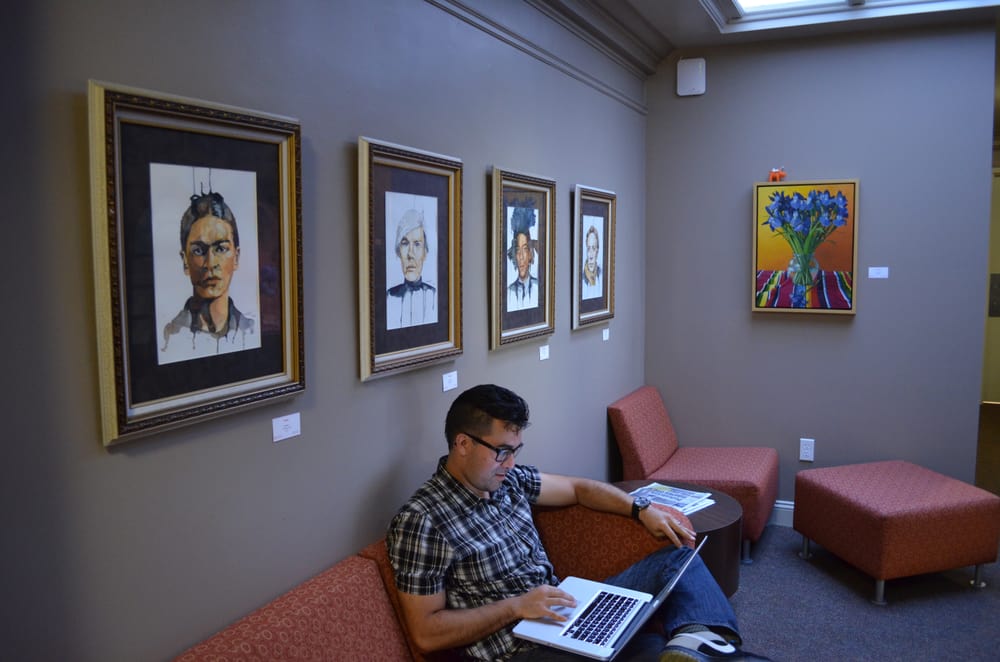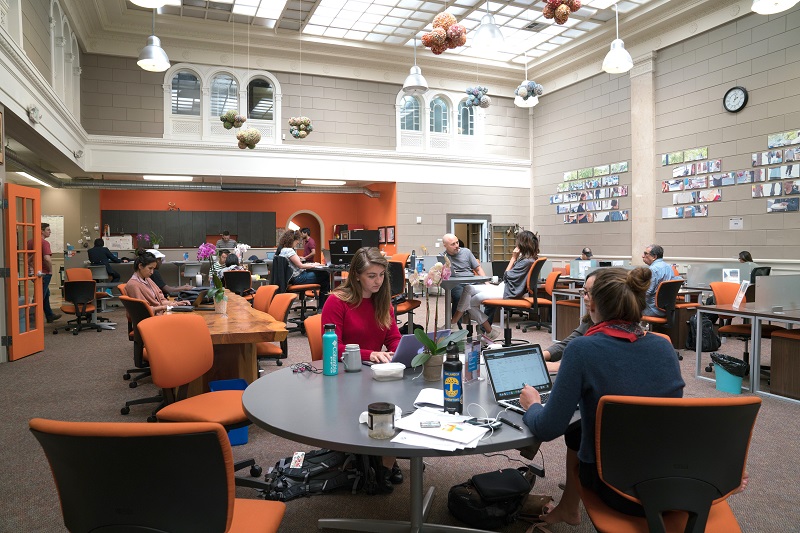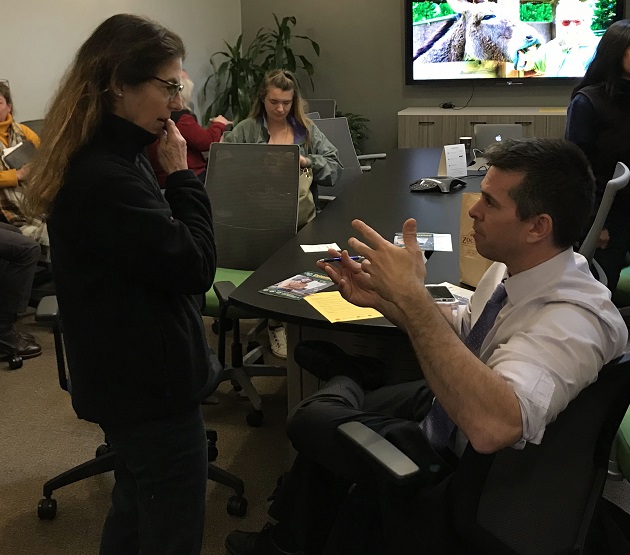Author: Brianna Barker Caza, Susan J. Ashford, Erin Reid and Dena McCallum
Copyright: c.2019 Harvard Business School Publishing Corp. Distributed by The New York Times Licensing Group
From Pacific Workplaces: There are many benefits to freelance work, but working alone brings a new set of challenges such as feelings of isolation. The article below mentions how joining a coworking space is a great proactive strategy for freelancers to combat loneliness and we couldn’t agree more. Working alone sucks! Shared workspaces offer business services for professionals looking to work productively within a community of other independent workers who love the idea of working alone – together. Coworking creates regular opportunities for socializing through events and access to supportive colleagues, and can offer both emotional and professional benefits for those looking to take the plunge into the freelance world.
Work vs. Life
According to a recent Upwork survey, the freelance workforce in the U.S. has grown by 3.7 million workers in the past five years, meaning that more than 1 in 3 Americans worked independently in some way in 2018. More professionals are choosing to unplug from traditional organizational careers, citing greater autonomy and flexibility and a sense of control as attractive features of their “gig” lifestyle. (While we often associate the word “gig” with workers employed through Lyft and TaskRabbit, much of the gig economy around the world is composed of knowledge and professional workers.)
What are the benefits and challenges that high-skilled workers face when they move to independent work? What skills can help them thrive?
With the management consultancy Eden McCallum (where one of us works) and London Business School we conducted an online survey of 307 independent consultants and 94 employed consultants in Europe and North America. The independent consultants in our sample feel that “going gig” has led to better work, life and money.
Many said they are doing more high-quality, intellectually challenging work for their clients — work that is of higher impact, better value and more likely to be implemented than the work they did in a traditional consultancy. They believed that their time was being spent where it mattered — on doing good client work — and not on things like office politics.

Approximately 67% reported earning the same or more as when they were employed full time (despite working fewer weeks per year). Women who were employed by consultancies reported a salary approximately 30% less than what men reported on a full-time equivalent basis; women who worked independently reported day rates only 3% less than men’s.
Working independently also comes with some very real challenges. We found four main ones:
— MANAGING SECURITY: Half the independent consultants we surveyed mentioned unpredictability, insecurity and volatility.
— MANAGING BACKROOM ACTIVITIES: Independent professionals must do the administrative and organizational “backroom work” that would be taken care of by other departments or staff in a company. As a result, many are in “constant selling mode,” which can be draining.
— MANAGING ISOLATION: While going gig brings freedom and autonomy, it also often means working alone.
— MANAGING BRAND: Working on your own means you alone must develop, sustain and communicate your professional identity.
What do professional gig workers need to thrive?
Our analyses indicate that the most satisfied and successful independent consultants have cultivated three capabilities:
— PROACTIVITY: Independent work is all about self-management: making and maintaining contacts; developing and updating core skills; planning ahead; taking risks. Signing up for coworking spaces is a proactive strategy for avoiding loneliness.


— PSYCHOLOGICAL RESILIENCE: Accept that independent professional work will be turbulent and riddled with disruptions.
— MENTAL AGILITY: Be open to many different perspectives and think flexibly about your work — be “adaptable.”
If you’re considering going gig, it’s important to invest in developing these skills before taking the leap, in order to see the advantages that come with working for yourself.
About the authors: Brianna Barker Caza is an associate professor of business ethics at the University of Manitoba’s Asper School of Business. Susan J. Ashford is a professor of management and organization at the University of Michigan’s Ross School of Business. Erin Reid is an associate professor at McMaster University’s DeGroote School of Business. Dena McCallum is a co-founder of Eden McCallum.
Looking to join a coworking community? Find a Pacific Workplaces location near you.
This article first appeared on Harvard Business Review and was republished with permission.

